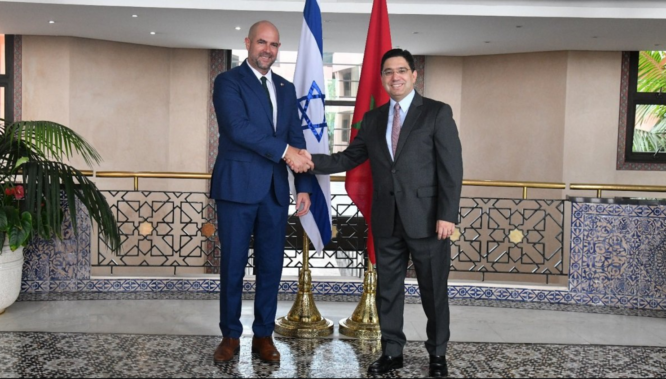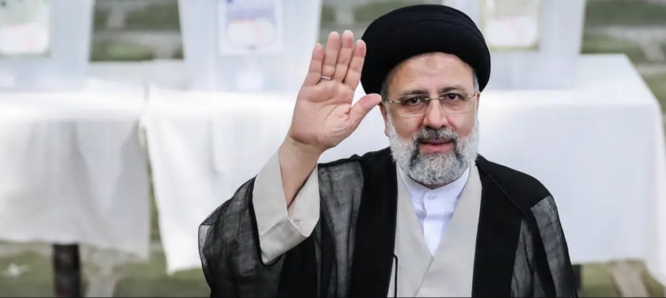In recent weeks, Middle East events have been significant to the present and future. Erdogan was re-elected as Turkey’s president, Iran reopened its embassy in Saudi Arabia after mending relations, and Israel is watching with mistrust, hoping that US Secretary of State Antony Blinken’s visit to Riyadh will illuminate the situation.
Israel will also endorse Morocco’s idea for extensive Sahara autonomy under its authority. The Israeli Parliament Speaker offered support in Rabat. Javier Fernández Arribas interviews journalist and international analyst Marta González Isidoro on these changes.
Israel may recognize Morocco’s sovereignty in the Sahara since Morocco proposed this to the US before returning to negotiations with Israel. First, because it has no dispute with Morocco in this regard, and second, because it may be a step toward Morocco relaxing its position toward the Palestinians and recognising the Israelisation of the part of its sovereignty under C control.

Israeli-Moroccan connections precede diplomatic relations. 1.2 million Israelis are Moroccan
They are cooperating well, surprising even the Israeli leadership, which did not expect relations to reach this level. In the Middle East, similar degree of pleasure is also evident in ties with the United Arab Emirates, Bahrain, and to a lesser extent with other nations with strong anti-Semitism.
Moroccan relations are improving. The King of Morocco is also the prince of believers and mediator in Al Quds, a function shared by the King of Jordan, with whom he has some conflict. Thus, if Morocco, the Emirates, and Saudi Arabia had strong connections with Israel in innovation, culture, and military matters, they may help ease the Palestinian issue.
Saudi Arabia has been diversifying its economy and diplomacy for years, taking advantage of the US retreat and new actors. This lessens Iran-Saudi Arabia tensions, notably in the Horn of Africa, the Gulf of Hormuz, and with the Houthis in Yemen.
Second, I believe that beyond this normalisation, which is normal—it was a one-off occurrence when diplomatic ties were broken off—these are two players with geopolitical potential and a need to be hegemonic on the margins of each other. I think it’s positive that the two can de-escalate the tension right now in Yemen or Syria due to Saudi Arabia’s plan to inject money and infrastructure into the Syrian economy.




